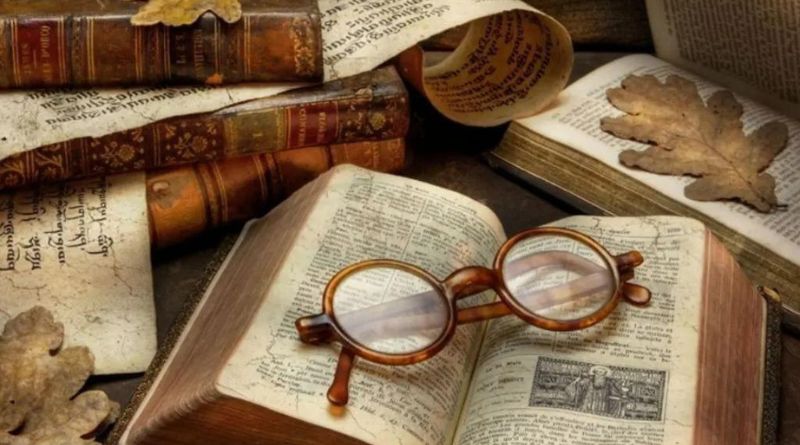Classic literature has an enduring appeal that transcends time, geography, and cultural shifts. From Shakespeare’s plays to Austen’s novels, these works continue to captivate readers and influence modern writing. But what is it about classic literature that makes it so timeless? This article explores the reasons why we still turn to the greats of literature and why these works remain as relevant today as ever.
Table of Contents
1. Universal Themes
One of the primary reasons classic literature endures is its exploration of universal themes. These works often tackle fundamental aspects of the human condition—love, ambition, morality, and identity. For instance, Shakespeare’s Macbeth delves into the corrupting power of ambition, a theme that resonates across centuries. Similarly, Jane Austen’s Pride and Prejudice examines societal expectations and personal integrity. These themes are not confined by time or place; they reflect aspects of humanity that are ever-present.
2. Rich Characterization
Classics are renowned for their complex, multi-dimensional characters. Characters like Elizabeth Bennet, Hamlet, and Holden Caulfield have become archetypes in literature due to their profound psychological depth and relatability. The struggles and triumphs of these characters provide insights into human nature and psychology, making them resonate with readers across different eras.
3. Literary Excellence
The craftsmanship of classic literature is another reason for its lasting appeal. These works often exhibit exceptional use of language, structure, and literary devices. The intricate prose of Charles Dickens or the poetic elegance of Emily Dickinson showcases a mastery of language that continues to inspire and challenge readers and writers alike. The quality of writing itself often sets these works apart and maintains their relevance.
4. Historical and Cultural Insight
Classics offer valuable glimpses into the societies in which they were written. Reading works like The Great Gatsby or War and Peace provides historical context and cultural perspectives of their respective times. These insights help modern readers understand the past and see how historical events and social attitudes have shaped literary expressions.
5. Educational Value
Classic literature is often integral to academic curricula because it provides foundational knowledge of literary genres, themes, and techniques. Studying these works helps students develop critical thinking skills and a deeper appreciation for the evolution of literature. The educational value of classics extends beyond the classroom, enriching readers’ understanding of literature and its history.
6. Adaptability
Many classic works have been adapted into various forms of media—films, plays, and even modern novels. These adaptations often introduce the classics to new audiences and keep the stories fresh. For example, the numerous film adaptations of Romeo and Juliet or the modern reinterpretations of The Odyssey demonstrate how these works can be reimagined while preserving their core themes.
7. Personal Connection
For many readers, classics hold personal significance. They may have been introduced to these works by a mentor, encountered them at a pivotal moment in life, or found comfort in their pages. This personal connection often drives readers to revisit these books and share them with others.
Frequently Asked Questions
1. Why is classic literature still relevant today?
Classic literature remains relevant because it explores timeless themes and offers profound insights into the human experience. Its rich language and complex characters continue to resonate with modern readers, and the historical and cultural contexts provide valuable perspectives.
2. How can I start reading classic literature if I’m new to it?
Start with well-known classics that are often recommended for newcomers, such as To Kill a Mockingbird by Harper Lee or 1984 by George Orwell. Consider reading summaries or analyses before diving into the full text to get a sense of the work’s themes and context.
3. Are classic novels difficult to read?
Some classic novels can be challenging due to their language, style, or historical context. However, many editions come with annotations and explanations that can help. Don’t be discouraged if you find them difficult; the reward of understanding and appreciating these works is worth the effort.
4. Can classic literature be found in modern adaptations?
Yes, many classic works have been adapted into modern formats such as films, TV shows, and graphic novels. These adaptations can provide a fresh perspective and make the stories more accessible while maintaining the essence of the original works.
5. How can I find more classic literature to read?
Libraries, bookstores, and online platforms often have sections dedicated to classic literature. Consider seeking recommendations from literary guides, book clubs, or educators who can suggest classics based on your interests and reading level.
Conclusion
The timeless appeal of classic literature lies in its ability to address universal human experiences, its exemplary use of language, and its rich cultural and historical insights. These works continue to captivate and educate readers, proving that great literature can bridge the gap between past and present. Whether through personal reflection, academic study, or creative adaptation, classic literature remains a vital part of our literary heritage.
